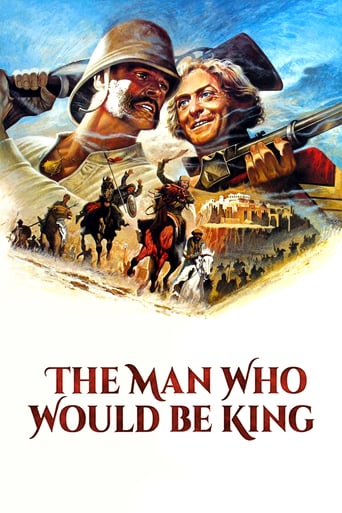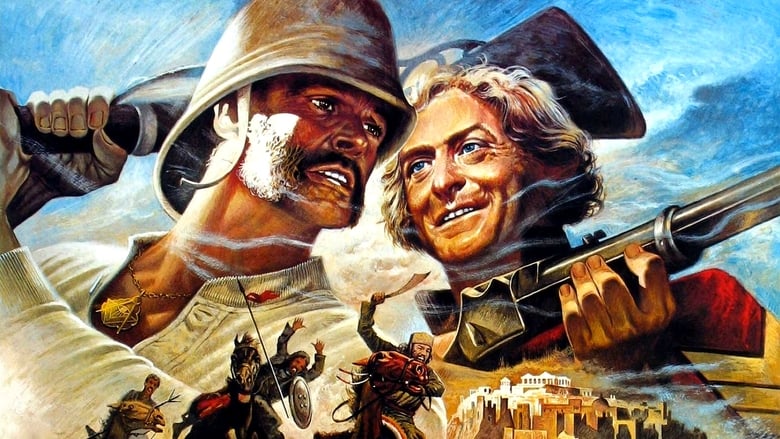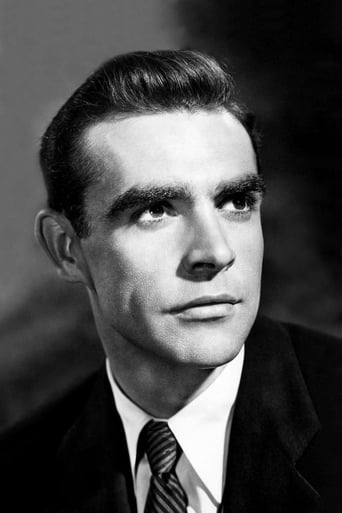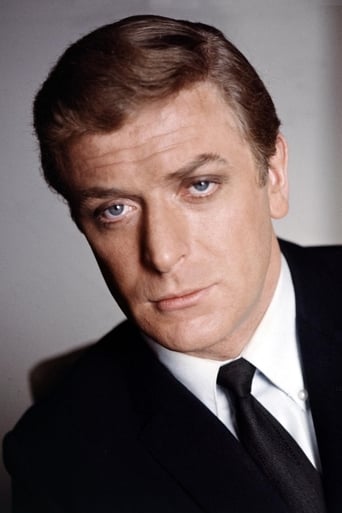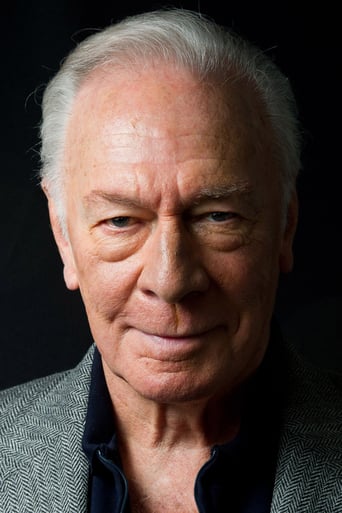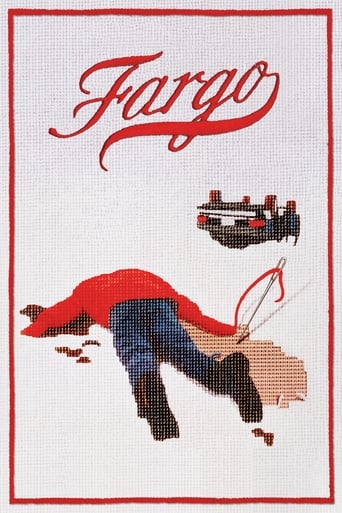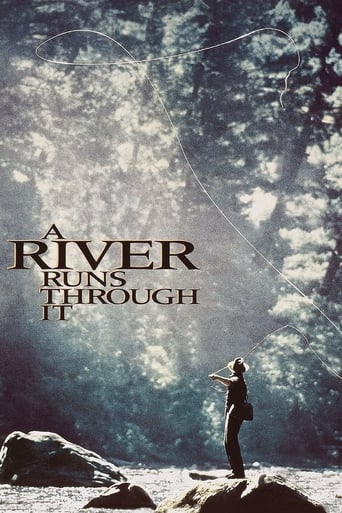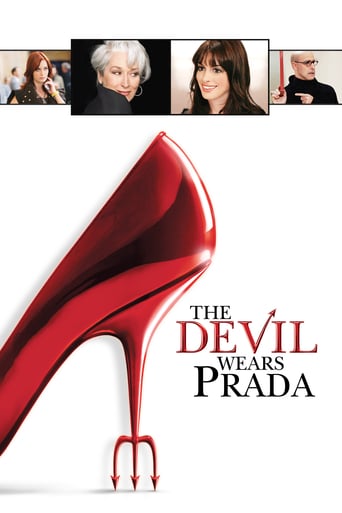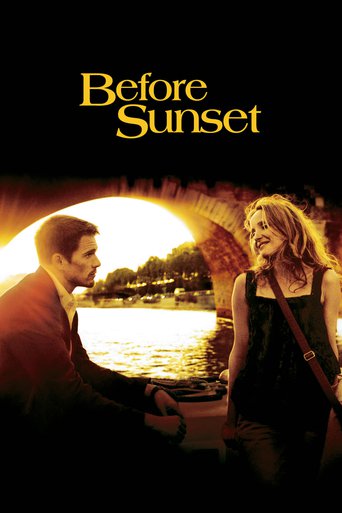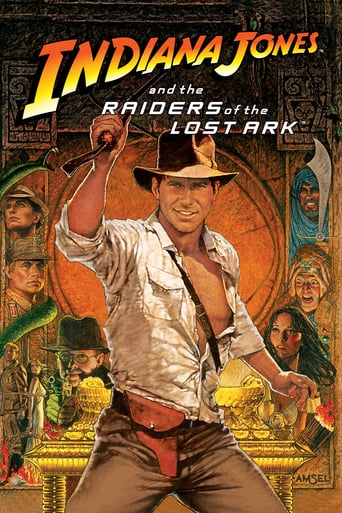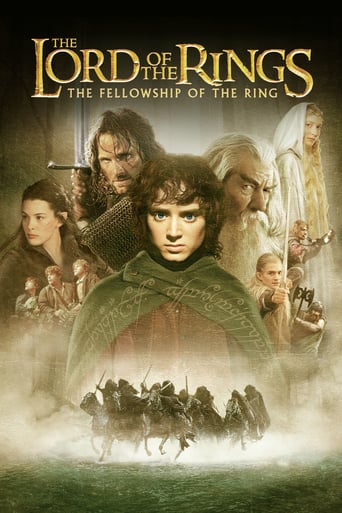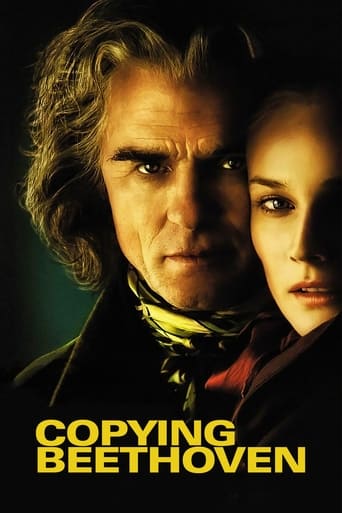The Man Who Would Be King (1975)
A robust adventure about two British adventurers who take over primitive Kafiristan as "godlike" rulers, meeting a tragic end through their desire for a native girl. Based on a short story by Rudyard Kipling.
Watch Trailer
Cast


Similar titles
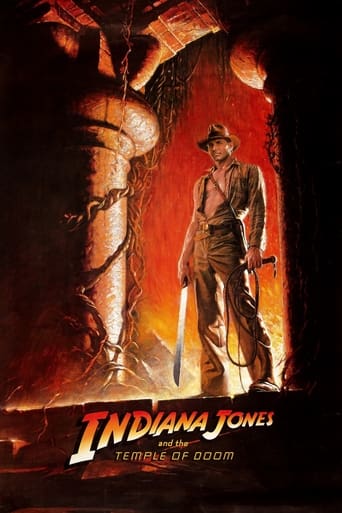
Reviews
Simply A Masterpiece
i must have seen a different film!!
Admirable film.
Like the great film, it's made with a great deal of visible affection both in front of and behind the camera.
This movie starts off feeling dated. It being written by Rudyard Kipling does not help. He is known both for the greatness of his works and his antiquated views on conquest and imperialism. However, this movie really shows itself as just not outdated but fitting to the time it was set in, and it delves deep into the follies of man.Many men thought it wise to subjugate and manipulate men less cunning than themselves; this movie shows how two men can fall into that trap and the price they pay.
Sean Connery and Michael Caine play a pair of razor-sharp scoundrels, scamming their way through an east Asian joyride during the twilight of the 19th century. On a thoroughly unpredictable adventure, the duo constantly converts lemon to lemonade as they meander from a publisher's office in India to a fictional holy land in the desert. There, intending to conquer a few villages and live the high life, the stakes suddenly spike as they find themselves anointed saviors, kings and (eventually) gods. Connery and Caine, good friends away from the screen, bubble with chemistry throughout. Their relationship is essential, and that obvious bond lifts an already-ambitious screenplay into something greater than the sum of its parts. When viewed with contemporary eyes, the pace is a little slow, akin to similar films of the era, but that deliberate tempo reaps unique rewards. By lingering in the atmosphere and dutifully setting the stage, director John Huston expertly depicts the vast cultural differences between our conniving, almost-modern Brits and the ancient ways of life still at play in turn-of-the-century Asia. A fine example of old-style filmmaking, loaded with snappy humor, surprising plot turns, high stakes and creeping peril.
John Huston had long cherished the ambition of making a film of Rudyard Kipling's novella "The Man Who Would Be King". His original plan, rather oddly, envisaged both the main roles being played by American actors, Clark Gable and Humphrey Bogart, but this came to nothing when Bogart died in 1957. Later suggestions were to use approached Burt Lancaster and Kirk Douglas, or Robert Redford and Paul Newman, but Huston was eventually persuaded to use British actors and Michael Caine and Sean Connery were cast.The film is set in the India of the 1880s. Kipling himself appears as a character and acts as narrator, relating a story he was told by an acquaintance named Peachy Carnehan, a disreputable former soldier turned gun-runner, swindler, thief, blackmailer and general all-round crook. Carnehan tells of how he and his equally disreputable comrade-in-arms Danny Dravot travelled to Kafiristan in search of adventure. (Kafiristan, the "land of the unbelievers" is a real place, a remote province of Afghanistan. Before the inhabitants were forcibly converted to Islam in the 1890s they practised their own polytheistic religion).There then follows a sort of picaresque yarn as Carnehan and Dravot make their way across India to Kafiristan where, after numerous adventures, Dravot is crowned king by the superstitious local people, who believe him to be the reincarnation of Alexander the Great. This, in fact, was exactly what the two men hoped to do- impress the locals with the aid of modern European weaponry, set themselves up as rulers and then cut and run, stealing enough valuables in the process to enable them to live as rich men on their return to Britain. And then things begin to go wrong. Carnehan wants to go ahead with the original plan, but Dravot wants to stay on as king of Kafiristan. Needless to say, things do not quite work out as he plans.Connery and Caine were perhaps Britain's most celebrated screen actors of their generation, but this was the only film in which they acted together. Connery's performance was much praised, but Caine's was criticised by some who felt that it was too broad and comic. I would not agree with these criticisms. Dravot and Carnehan initially seem like similar characters- dishonest chancers, living by their wits- but as the story progresses the differences between them become more apparent. There is a reason why the film is called "The Man Who Would Be King" and not "The Men Who Would Be Kings".Carnehan is a cynical rogue, although a not altogether unsympathetic one, whose only concern is with riches. Dravot is a more complex figure. He is motivated by an odd mixture of idealism and arrogance. During his brief reign he shows a well-developed, if crude, sense of justice and believes that as king he will be able to transform the impoverished backwater into a modern state. His motives, however, are not completely altruistic; one of his fantasies is that he will be invited to London to meet Queen Victoria as an equal. Because of their different personalities, the two men need to be played in different ways. Carnehan is essentially a comic figure, something signalled by Kipling in giving him the rather ridiculous forename "Peachy". (There is a lot of comedy in the film, particularly in the first half). Dravot is in the last resort essentially a tragic one.Although it predates by about a decade the 1980s vogue in the British film and television industries for tales of the Raj ("A Passage to India", "Heat and Dust", "The Jewel in the Crown", etc.), "The Man Who Would Be King" is one of the great cinematic epics of British India and one of the best films of the seventies. More than an adventure story, it is also a study of character and a parable about ambition and about the relationship between religion and political power. (Dravot's power over his subjects depends upon his ability to convince them that he is a god). As one critic commented, "John Huston has been wanting to make this movie for more than 20 years. It was worth the wait." 9/10 Some goofs. The story is set between 1882 and 1885 when Rudyard Kipling would have been a teenager. He is played by the 45-year-old Christopher Plummer. (Plummer does, however, look remarkably like the older Kipling). We learn that Dravot is a native of Durham, but Connery plays him with his normal Scottish accent. (Geographically, Durham is not too far from Connery's native Edinburgh, but linguistically the two cities have very different accents).
The Man Who Would Be King is a great movie with a very well developed storyline and a terrific cast. It's a very entertaining adventure film that was made in a time when these type of films were rare, it was a risky at the time and required serious effort from the film makers, and it all shows here, it looks beautiful, the cinematography is stunning even for today's standards and it was clearly a very expensive production. The biggest flaw is that it's predictable, once the two main characters make it to India, everything from their can be told twenty minutes in advance, we knew what would end up happening to each character, there isn't any unexpected twist that takes the audience away, and it's predictability is the reason why I'm giving this an eight instead of a nine that it easily could have received. The cast is terrific, particularly Sean Connery and Michael Caine, of course, the chemistry between them is spectacular, they seemed very comfortable performing together and it's a pleasant experience to see these two movie icons in the same film. A swashbuckling adventure with stunning scenery and great acting, the Man Who Would Be King is worth the watch for anyone looking for a good adventure film. Two British soldiers in colonial India venture to uncharted realms in search of wealth and power. Best Performance: Michael Caine Worst Performance: Albert Moses

